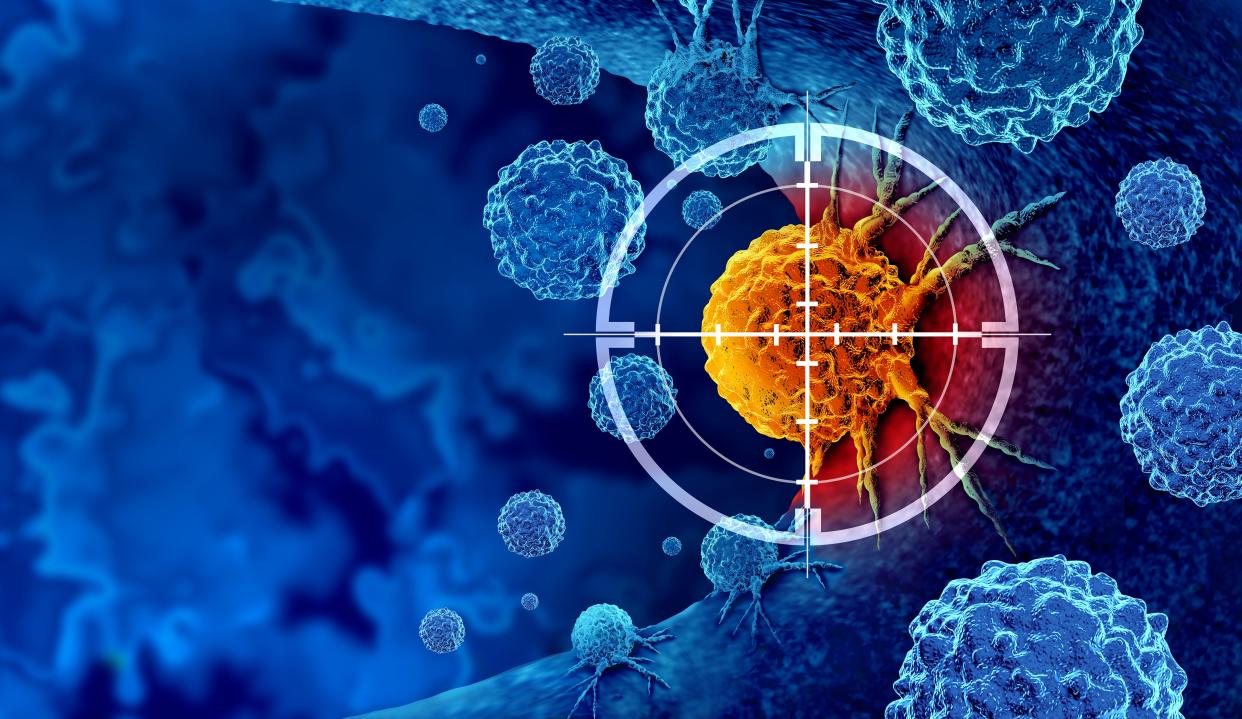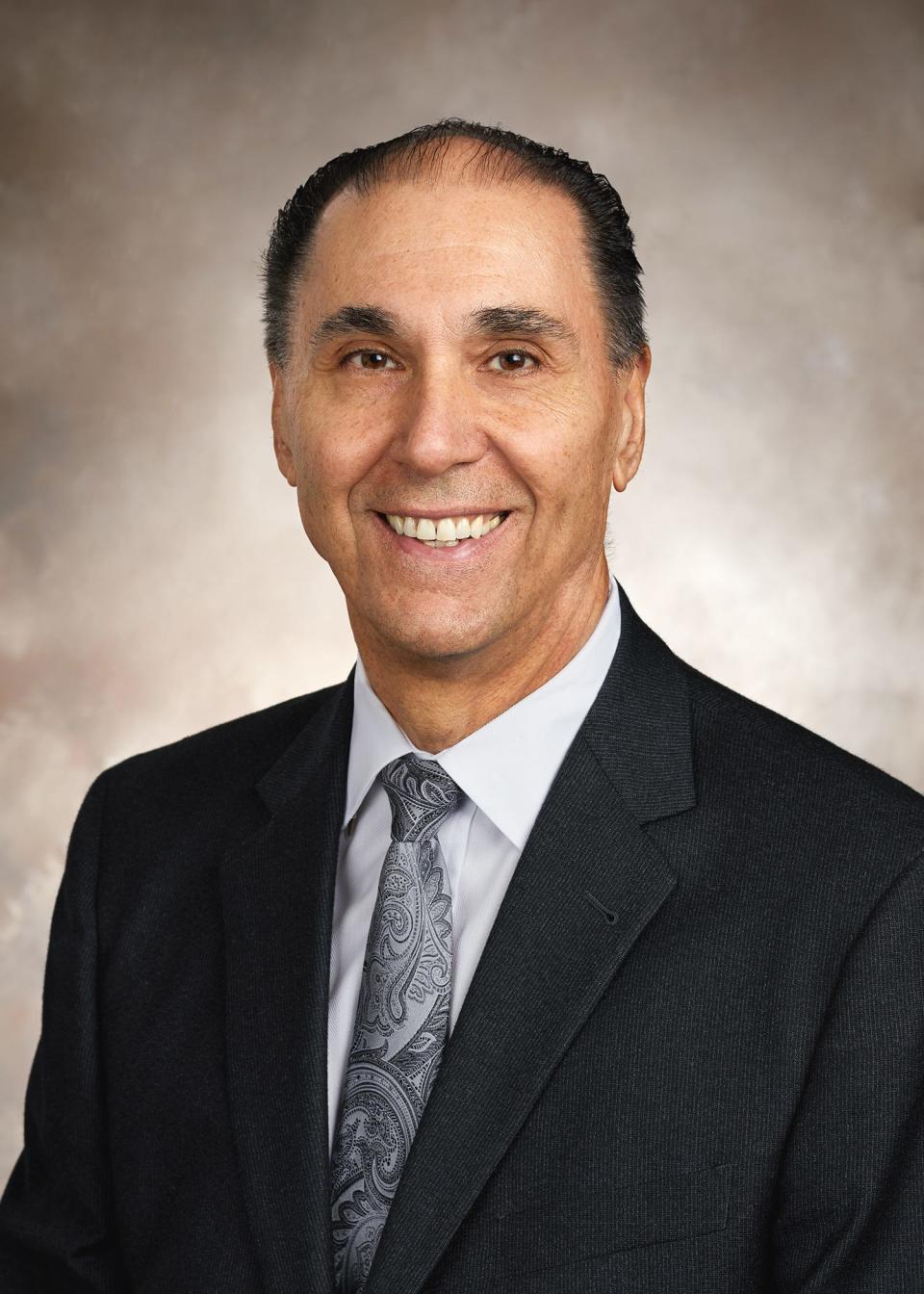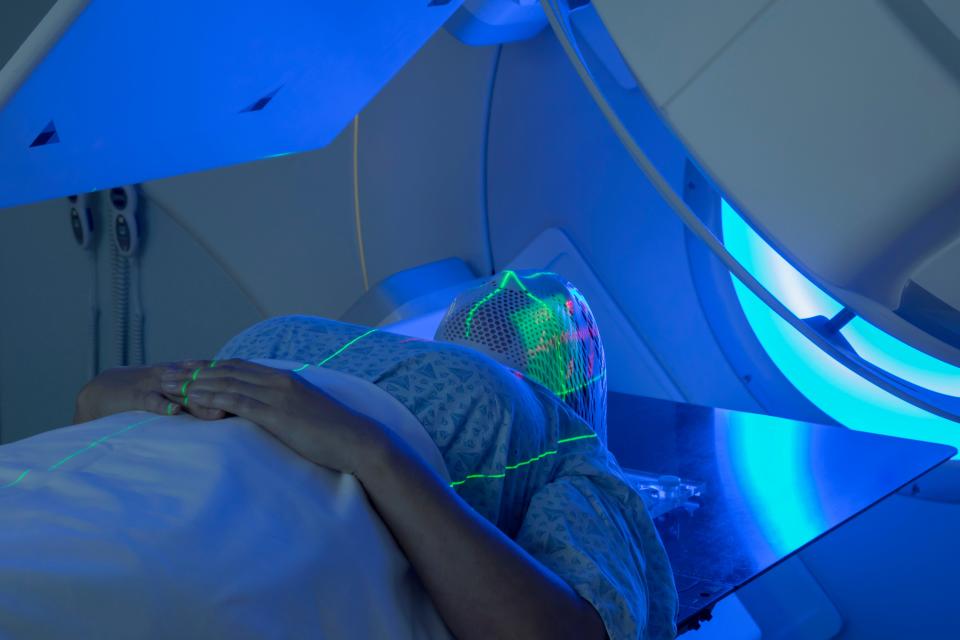Lee Health: Raising awareness of important cancer screenings

Health-related observances occur on days, weeks and months throughout the year to help raise awareness of various medical conditions.
September is associated with several cancer observances, including blood, gynecologic, prostate and thyroid. Because awareness months encourage screenings for early detection, now feels like a good time to remind our community about key cancer screening tests.

Screening tests check for cancerous cells and abnormal cells that could become cancerous, and the screenings are performed before someone exhibits any symptoms. Certain cancer screenings should be part of one’s regular, proactive, preventive care because early detection often means more treatment options and better outcomes. I reached out to Mark Roh, M.D., MMM, chief physician executive for the Lee Health Cancer Institute, to review some examples of important cancer screenings. Dr. Roh and I remind you to speak to your doctor or healthcare clinician to determine the right screening tests for you based on your risk factors.
Breast cancer
Regular mammograms can help detect breast cancer. Screening mammograms are recommended every year for all women starting at age 40. It is important to let your doctor know if you have a family history of breast cancer because they may want to begin mammograms before age 40.
Cervical cancer
Cervical cancer screening is done through a pap test performed by your primary care doctor, obstetrician-gynecologist (OB/GYN) or other healthcare clinician. For women aged 21 to 29 years old, getting a pap test every three years is recommended.
Another important screening test for cervical cancer is the HPV test, which looks for the human papillomavirus (HPV) that can cause abnormal cell changes. If a woman is 30 years old or older, she can consider pap testing every five years if it is combined with testing for HPV.
After age 65, a pap test may no longer be needed if there have been no signs of cervical precancer in the past; there has been a normal screening test for several years or if the cervix has been removed as part of a total hysterectomy for non-cancerous conditions, like fibroids.
Colorectal (colon) cancer
Colon cancer develops from precancerous polyps (abnormal growths) in the colon or rectum. Screening tests can find precancerous polyps, which can be removed before they become cancerous.
Screening tests can also find colorectal cancer early. The screening test for colon cancer is recommended for adults who are 45 to 75 years old.
People who are older than 75 years old should consult their doctor about screenings and whether or not they’re still needed. Someone at risk for colon cancer should talk to their doctor about their options and whether they should get tested earlier than 45 years old.
Although the most known screening test is a colonoscopy, a variety of screening tests are available, and it’s best to talk to your doctor about which one is right for you.

Lung cancer
Yearly lung cancer screening with low-dose computed tomography (LDCT) is recommended for people 50 to 80 years old with a history of heavy smoking and who smoke now or have quit within the past 15 years. The only recommended screening test for lung cancer is a LDCT scan, where the patient lies on a table, and an X-ray machine uses a low dose of radiation to make detailed images of the lungs. The scan only takes a few minutes and is not painful. These screenings are no longer recommended after the patient turns 81 or has not smoked in 15 or more years.
Prostate cancer
The American Cancer Society recommends that men make an informed decision with their doctor or healthcare clinician about whether to be tested for prostate cancer. Starting at age 50, men should discuss the pros and cons of testing with their doctor to determine if testing is the right choice. If you are African American or have a father or brother who had prostate cancer before age 65, you should have this talk with your healthcare clinician starting at age 45. If you decide to be tested, you should get a prostate-specific antigen (PSA) blood test with or without a rectal exam. How often you are tested depends on your PSA level.
'Detecting cancer early is the key to a successful recovery'
“Cancer screenings are the first step to potentially identifying serious health conditions,” Dr. Roh says. “It’s important not to miss them because detecting cancer early is the key to a successful recovery. If you or someone you love has tested positive for any type of cancer, know you have high-quality care and support available in your community. The Lee Health Cancer Institute is staffed with oncologists, nurse navigators, dietitians, genetics counselors, infusion services, support groups and more. Cancer treatment plans are tailored to meet each patient’s specific needs.”
In September, cancer services will be available closer to home for residents and visitors of South Lee and Collier counties when the Richard M. Schulze Family Foundation Cancer Clinic at the Bonita Health Center at Coconut Point opens. This new clinic will feature a 32-chair infusion center, four individual treatment rooms and 12 exam rooms. Advanced treatment options at the soon-to-open center include immunotherapy, nuclear medical scan, PET scan, MRI-guided radiation therapy, minimally invasive surgery and clinical trials.
To learn more about the Lee Health Cancer Institute, visit LeeHealth.org/our-services/cancer-institute.
Larry Antonucci, M.D., MBA is the president & CEO of Lee Health, Southwest Florida’s major destination for health care offering acute care, emergency care, rehabilitation and diagnostic services, health and wellness education, and community outreach and advocacy programs. Visit www.LeeHealth.org to learn more.
This article originally appeared on Naples Daily News: Lee Health: Raising awareness of important cancer screenings

